How Does A Vaccination Help To Prevent A Disease? Quizlet
How does a vaccination help to prevent a disease? quizlet. Pathogens are microbes that cause diseases. Vaccines train your immune system to recognize and fight specific disease-causing organisms known as pathogens which include viruses and bacteria. How Vaccines Work.
Vaccines greatly reduce the risk of infection by working with the bodys natural defenses to safely develop immunity to disease. Vaccines can prevent disease caused by Hib but not the other types strains of H. It learned about how to protect the body against that disease.
The immune system recognizes the vaccine as a foreign substance and makes an immune response to it. Vaccines prevent diseases that can be. In other words a vaccine is a safer substitute for a childs first exposure to a disease.
One part of the immune system creates antibodies. Weakened toxins are called toxoids. Infectious diseases can make you very sick or.
When the familiar antigens are detected B-lymphocytes produce antibodies to attack them. The potential to prevent rheumatic fever and rheumatic heart disease Streptococcus pyogenes causes severe invasive infections such as the sequelae associated with acute rheumatic fever rheumatic heart disease acute glomerulonephritis uncomplicated pharyngitis and. Vaccinations give protection against specific diseases but the level of protection in a population depends on the proportion of people vaccinated.
In a sense the vaccine tricks the body into thinking it is under assault and the immune system makes weapons that will provide a defense when a real infection becomes a threat. How does a vaccine work. Through vaccination children can develop immunity without suffering from the actual diseases that vaccines prevent.
Vaccines help your immune system recognise viruses and bacteria and destroy them quickly. The vaccine serves as an antigen in that it causes the immune system to respond to it.
Vaccines prevent diseases that can be dangerous or even deadly.
Vaccines prevent diseases that can be dangerous or even deadly. This is an enormous benefit. Vaccines can give you side effects but these go away quickly. Once your child has been vaccinated they should have the ability to fight off the disease if they come into contact with it. Vaccines prevent diseases that can be dangerous or even deadly. Prevent diseases caused by bacteria that produce toxins poisons in the body. The potential to prevent rheumatic fever and rheumatic heart disease Streptococcus pyogenes causes severe invasive infections such as the sequelae associated with acute rheumatic fever rheumatic heart disease acute glomerulonephritis uncomplicated pharyngitis and. Vaccinating humans and animals is a very effective way to stop them from getting infected and thereby preventing the need for antibiotics. One part of the immune system creates antibodies.
Through vaccination children can develop immunity without suffering from the actual diseases that vaccines prevent. This fact sheet explains how the body fights infection and how vaccines work to. In a sense the vaccine tricks the body into thinking it is under assault and the immune system makes weapons that will provide a defense when a real infection becomes a threat. Credited for eliminating once-dreaded infectious diseases like smallpox diphtheria and polio vaccines are heralded as one of the greatest public health achievements in modern history. Vaccinating humans and animals is a very effective way to stop them from getting infected and thereby preventing the need for antibiotics. Through vaccination children can develop immunity without suffering from the actual diseases that vaccines prevent. Some antibodies protect for a lifetime but others need boosting.
















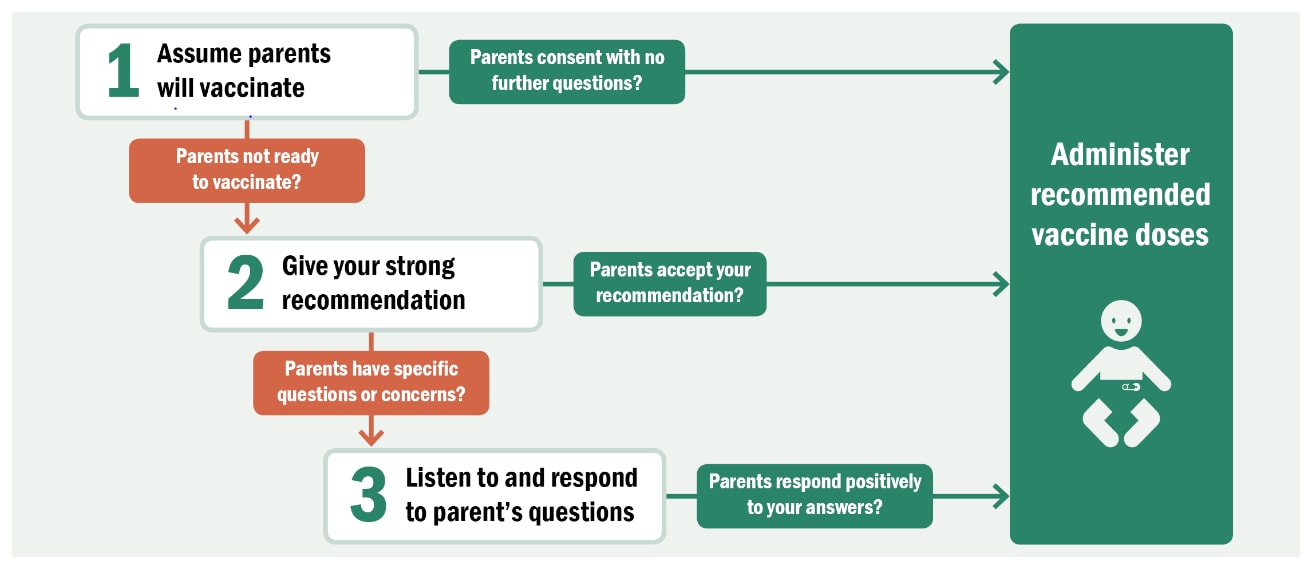




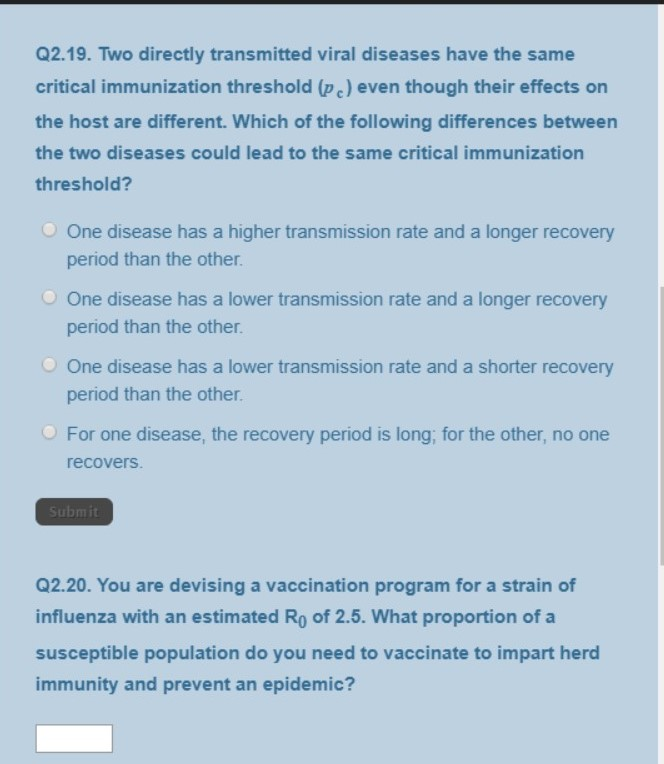
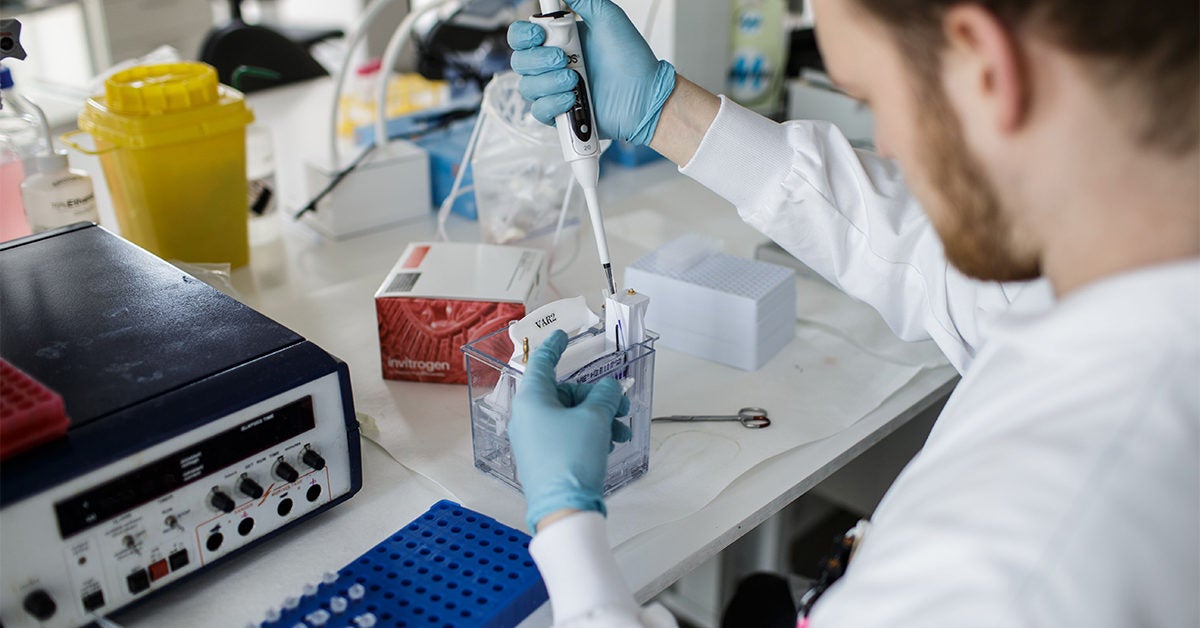

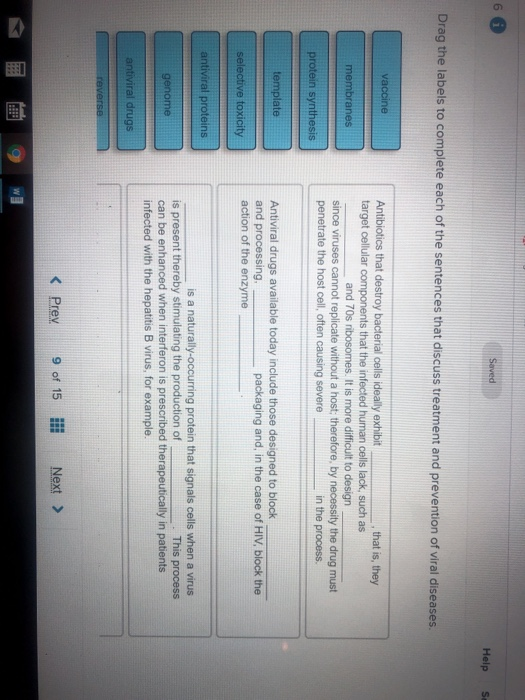
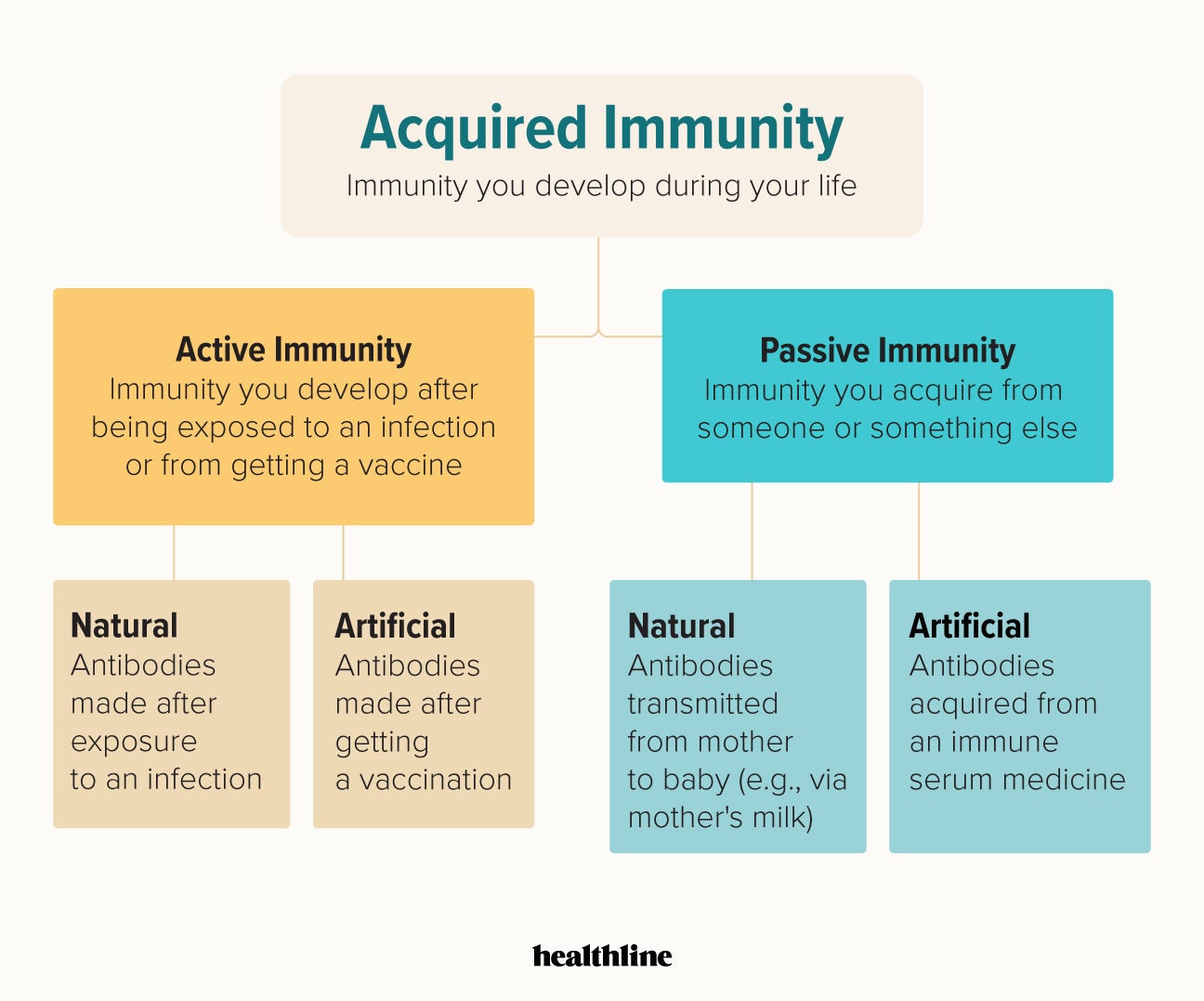



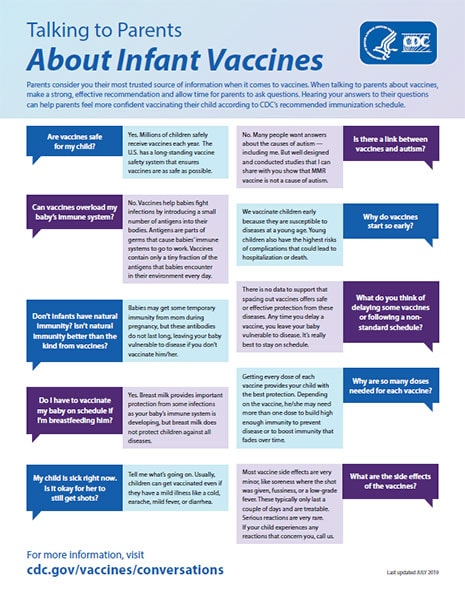


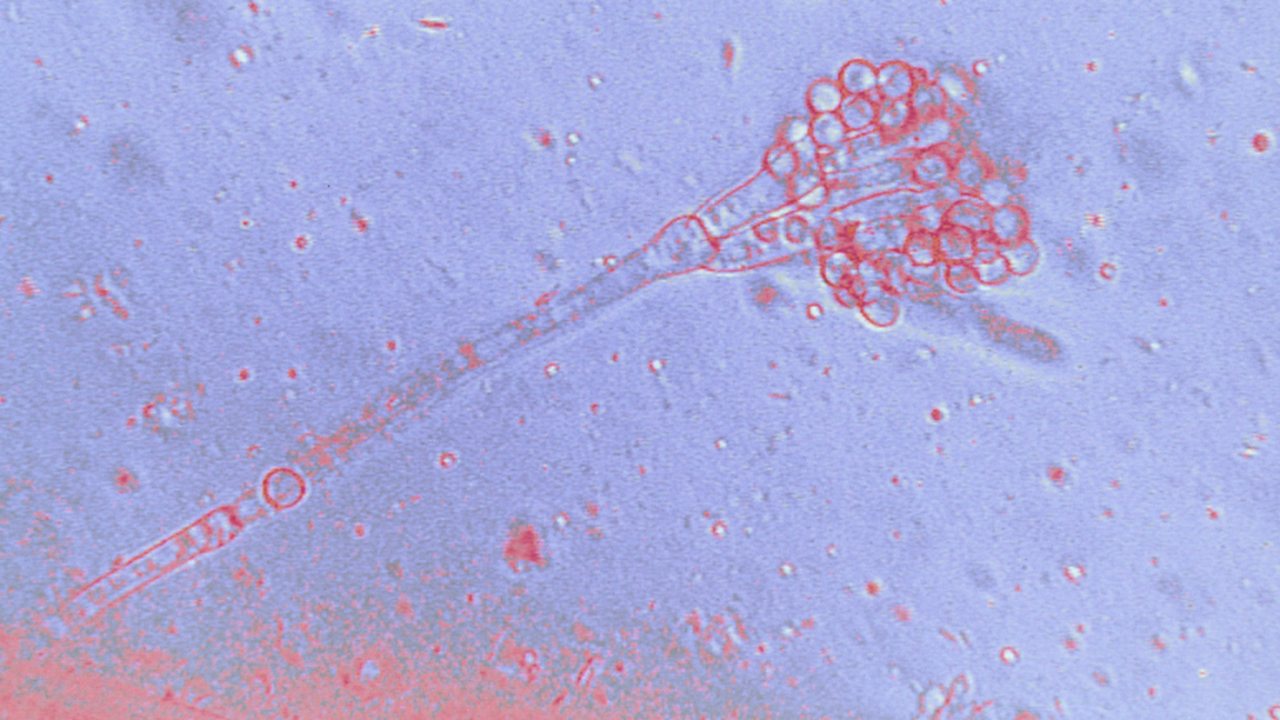
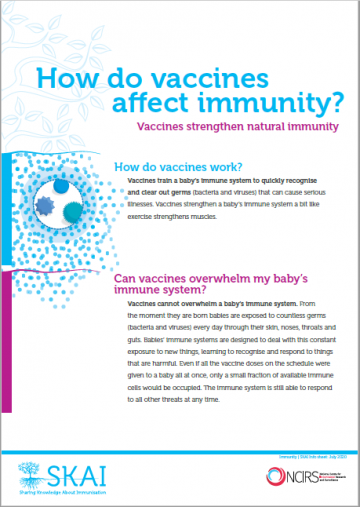

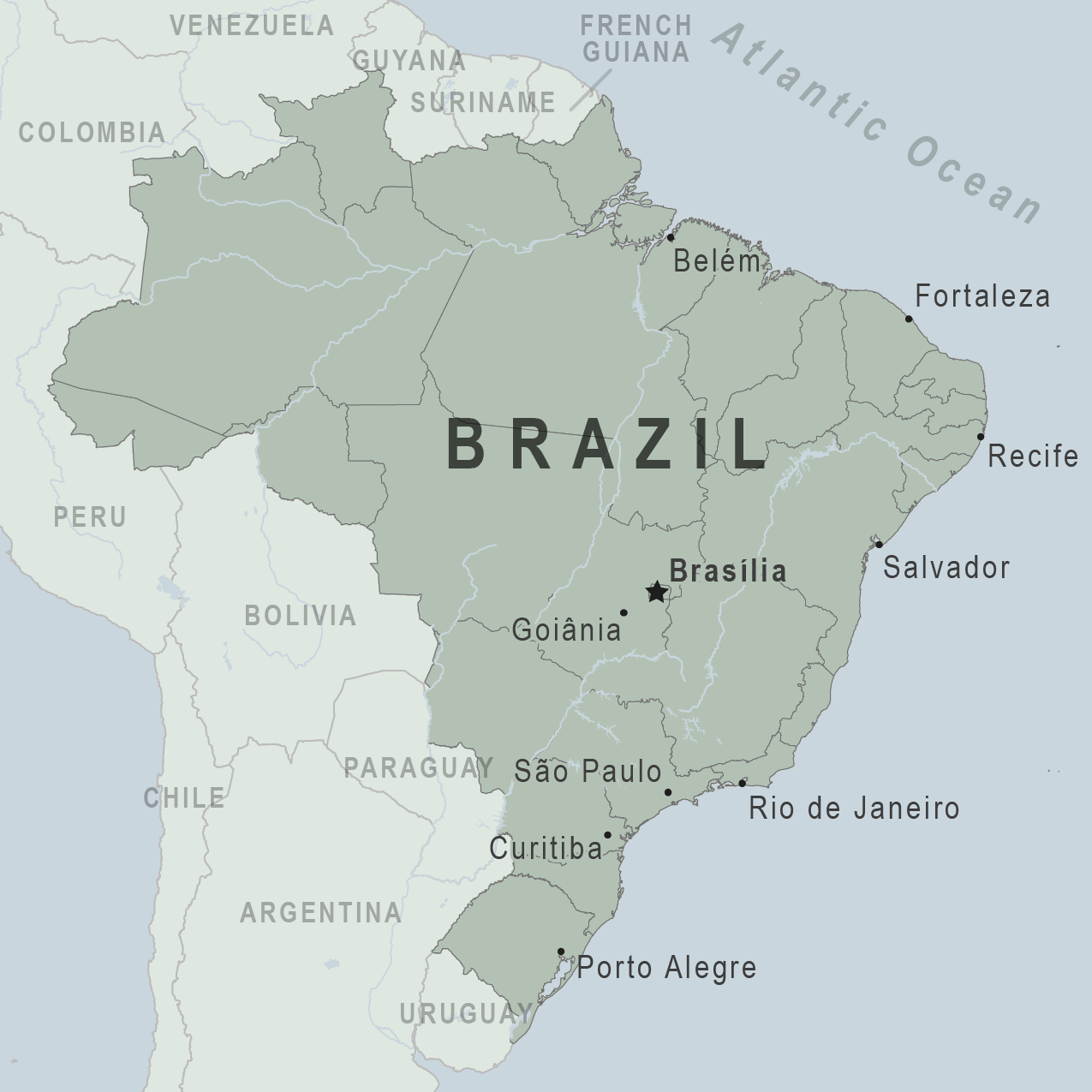




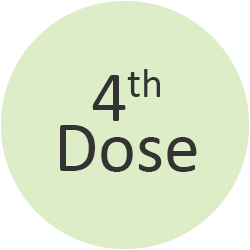
Post a Comment for "How Does A Vaccination Help To Prevent A Disease? Quizlet"